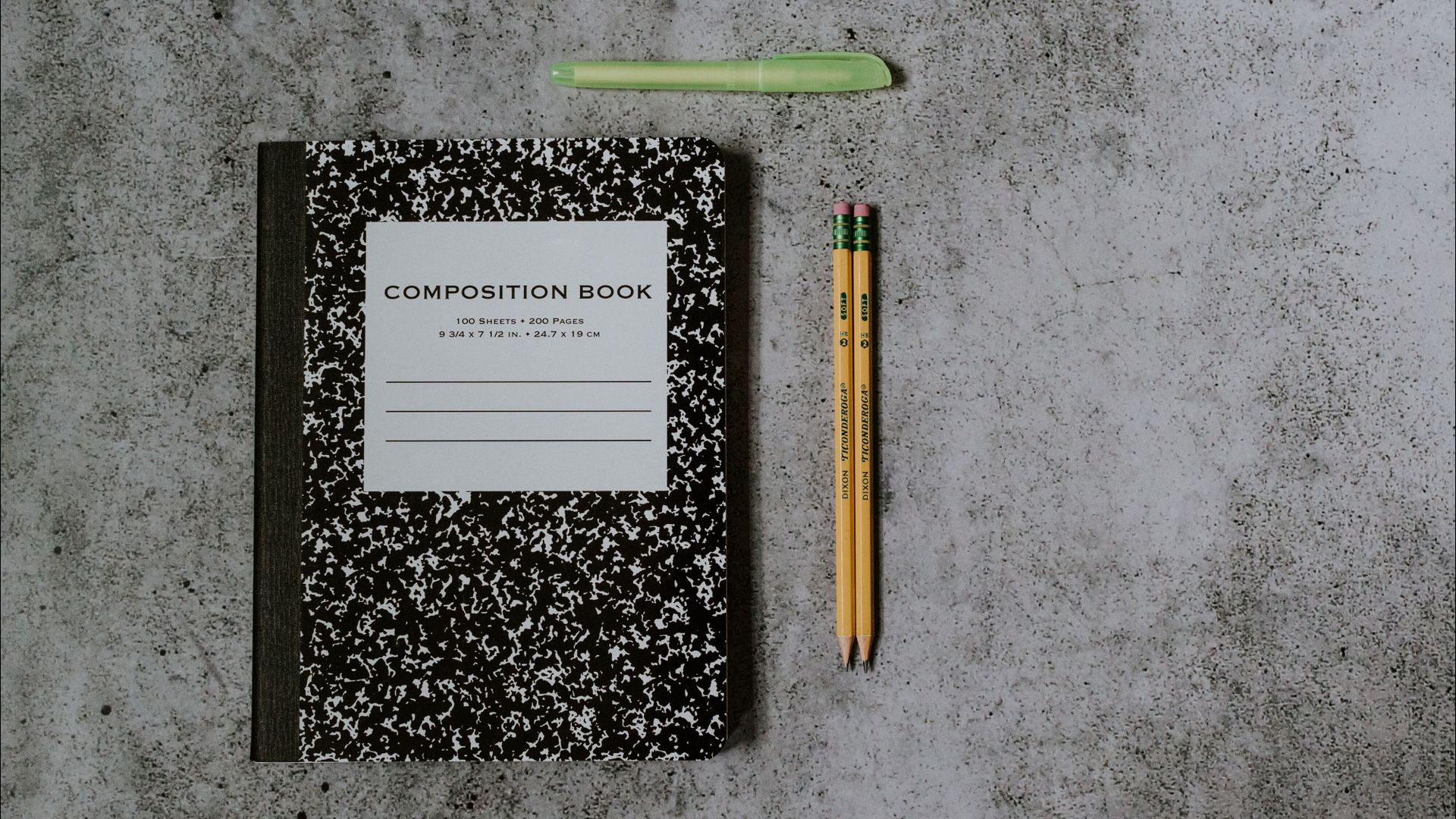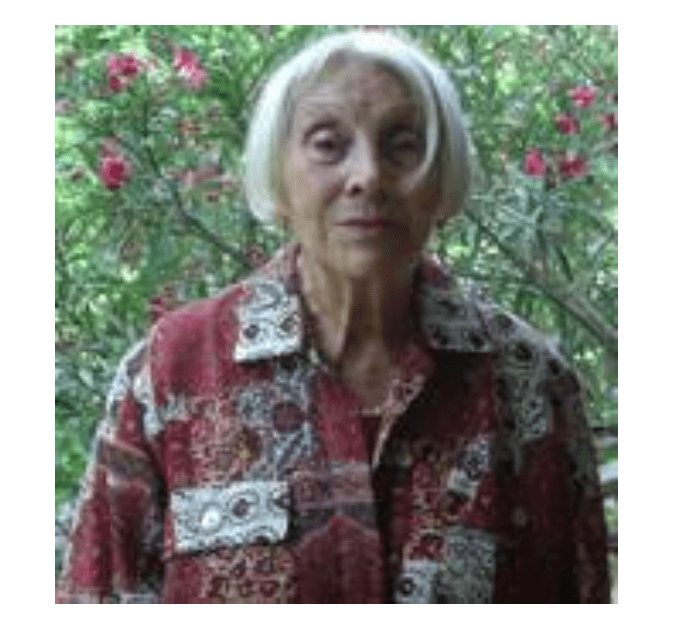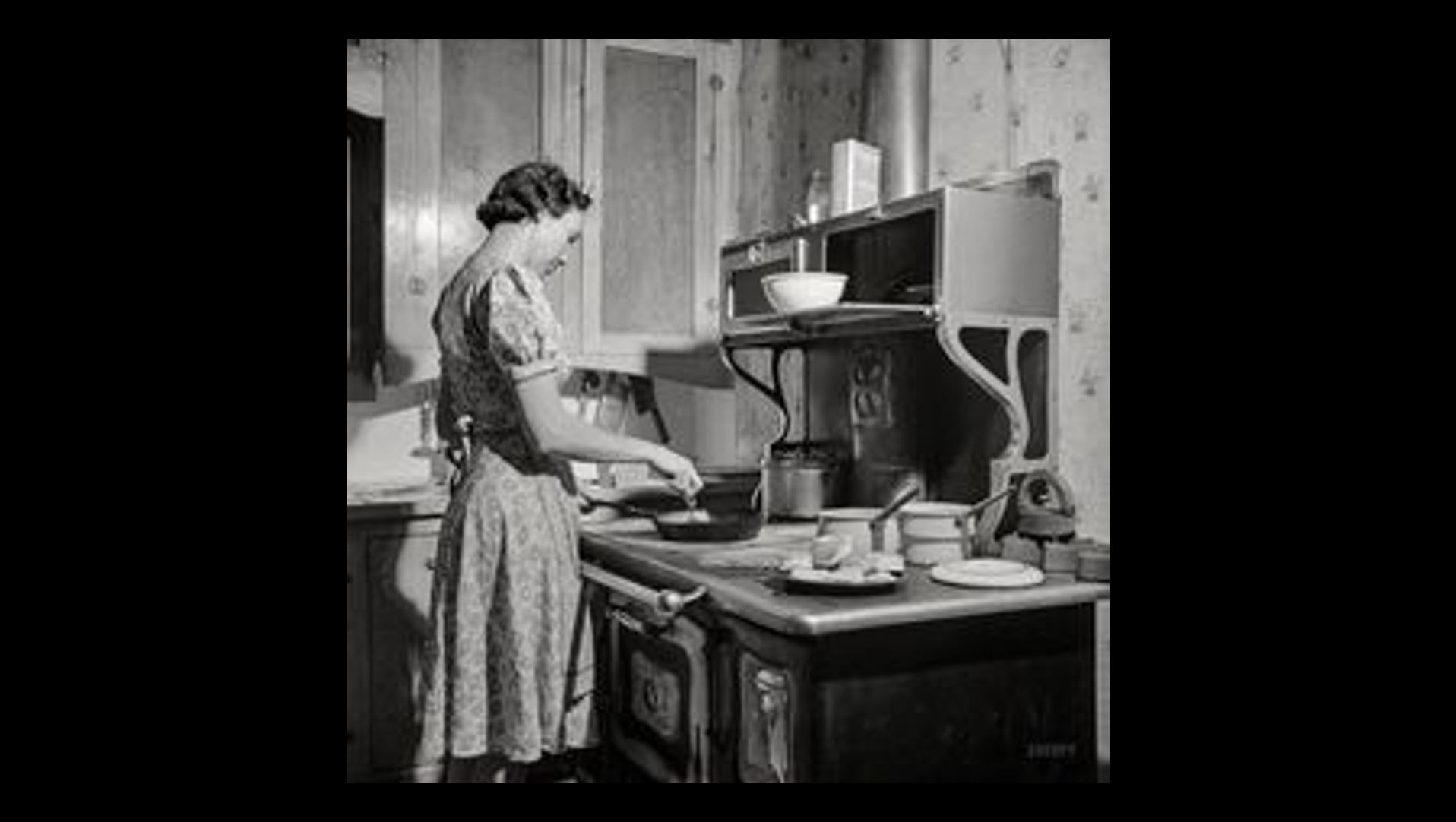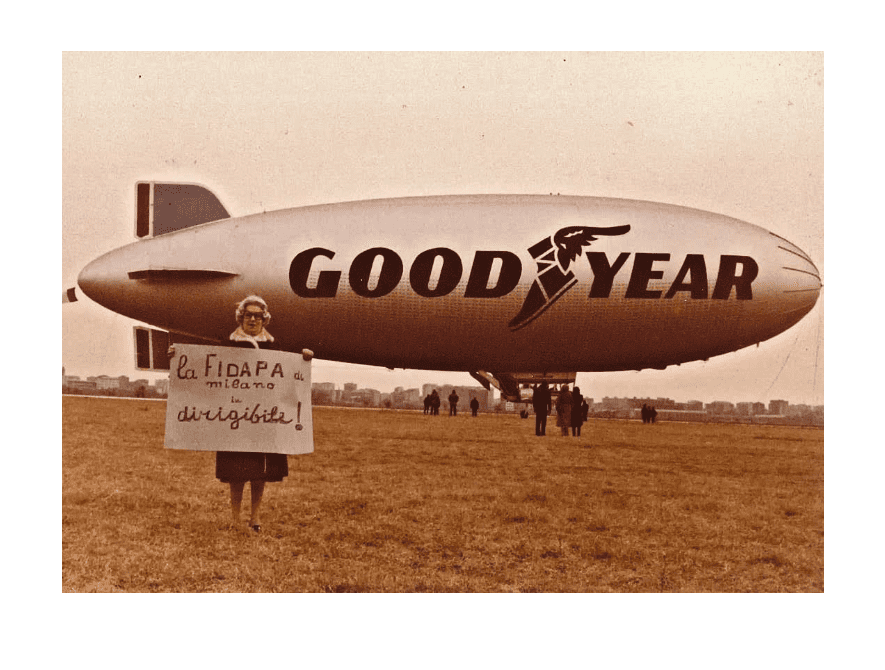I met you when I approached the F.I.D.A.P.A BPW ITALY Milan section.
I spent 45 years in this Milanese section, which will be ninety years old next year. I wrote a lot in the F.I.D.A.P.A. newsletter during those years! We used to organize conventions, seminars, meetings... a great movement of ideas, proposals, initiatives among women who were very different from each other in terms of customs and culture but who shared a great respect. Of course we argued, you know? Everyone had their own opinion and some strong personalities clashed a lot! But we loved each other anyway. Why? Dear, I've been thinking about it a lot lately. What united us all was culture. Culture always won. If I had to tell a girl how to pursue her ideas, do you know what I would tell her? Read, everywhere, in books, on the media you now have and on everything before you have an opinion of your own, be well informed. Rude people are ignorant and there are some even among women. Then in 1986 I became National President of FIDAPA until 1989. I remember March 19, 1988 when the FIDAPA Foundation was officially constituted, I was one of the people on the promoting committee. An important historical moment, you know... as I wrote in the F.I.D.A.P.A. newsletter number 82.
A moment in your history that was certainly central was the World Congress of Women for Peace.
At the personal invitation of the Russian Embassy, I officially represented FIDAPA at the World Congress of Women for Peace, Fraternity and Development without Nuclear Weapons called by Gorbachev in Moscow in 1987 with the participation of 3000 women from all over the world.
What a moment! I remember when I spoke in Russian in front of that audience. In an instant I relived the ancient history of my parents and then I saw in front of me women of all peoples and I understood that no matter where you come from, there is a common denominator in the world which is the desire for peace, brotherhood and hope.
We were welcomed, you know, with all the pomp and circumstance and the dinner in the halls of the Kremlin was a triumph of silverware and Russian dishes... That's how we women are... we go from planetary topics to fashionable, everyday ones. Thank goodness.
Dear friend, thank you now I'll leave you because you are tired, but everything that is your life, is just like a novel to the female historical period along the twentieth century.All seasoned with your unmistakable intelligent irony.




